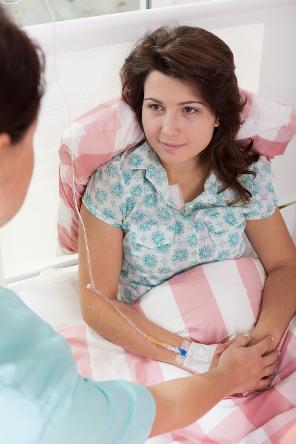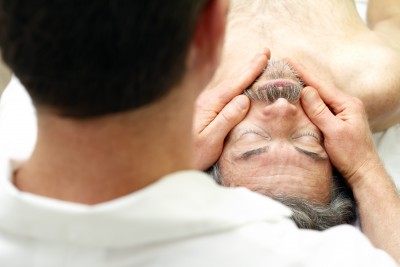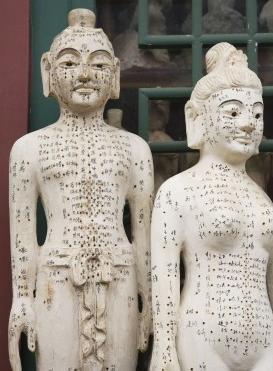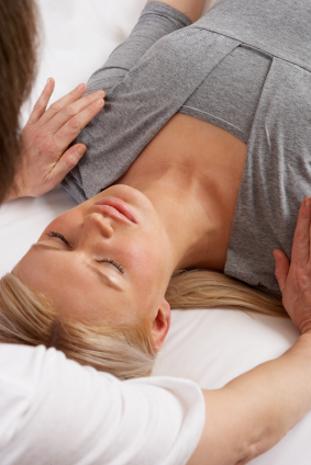Why choose Reiki?

What can be treated with Reiki?

Study evaluates patient-perceived benefits (up to 94%) from receiving Reiki at a cancer infusion centre and reports improvements in pain, mood, distress, sleep, and appetite in participants. Conclusion: "Reiki results in a broad range of symptomatic benefits, including improvements in common cancer-related symptoms" Symptomatic improvement reported after receiving Reiki at a cancer infusion center

What to expect of your Reiki Treatment
Reiki is given with the recipient fully clothed and usually lay on a couch or mattress, but can be given just as effectively in a comfortably seated position, for convenience or for people with postural or mobility issues. The session can take place almost anywhere, in a clinic, at home, or even in the workplace. The practitioner should ask you some questions about the reason for your visit and may take a short history from you, keeping records of the treatments should you wish. You will then be asked to get comfortable while the practitioner prepares for the treatment. The Reiki treatment commences with the practitioner meditating for a few moments, then placing their hands in positions around the head and body, either directly onto the body or hovering just above. Some say that they feel a gentle flowing sensation through the body, or warmth or tingling during the treatment. Some recipients notice surges of emotion during the treatment. The session is usually around 30 minutes to an hour but can be as long or as short as you wish. When the treatment has finished the practitioner may ask you some questions about how you feel, with most saying that they feel an unusual but pleasant sensation of both relaxation but also energised. You may feel a bit woozy after the treatment and so your practitioner will recommend that you have a drink of water and take a few minutes to ensure that you are OK to go on about your day, this is purely because of the extremely relaxing nature of the treatment.

Choosing a Professional Reiki Practitioner
It is worth noting that many spiritual, energy or faith healing practices can be found under the umbrella of "Reiki Healing". Even though Reiki is an extremely gentle and non-invasive therapy, if you are seeking a professional treatment it makes sense to ensure that your practitioner is a safe, conscientious and honorable one. They should hold qualifications in the form of Reiki Degrees 1 and 2 at least, up to Master Practitioner or Master Teacher, have a strong lineage that leads on from Mikao Usui Sensei and having received their attunements in person from their own Master (not via online or from eBay - it happens!).
They should hold up to date practitioner insurance and have membership to a professional association such as The UK Reiki Federation which ensures that their members follow a strong code of ethics and adhere to the best professional practices and conduct.
Principle for go reiki! and Master Practitioner/Teacher Kellie Gilmour holds all of the above with an ideal and strong lineage in both Western-style, Japanese and clinical Reiki practices, contact her here for more information on the importance of choosing a Reiki Practitioner or Teacher in your area.